Baldur’s Gate 3 is full of unique features, though, not all of them are explained to you at the start of the game. As a result, some of them remain hidden until you stumble upon them, despite being extremely useful, like reactions.
If you played the game for a while, you probably realized some characters react to enemy actions in certain ways. It’s automatic by default, though it’s best to have it on manual since sometimes a reaction or two may tip a difficult fight in your favor.
There are a variety of reactions, and the most common one, which you’ve probably seen in a few fights, is an Opportunity Attack. They have different effects and respond to different moves from your enemies. While they’re mostly useful, we believe it’s better to have them on manual to have better control of each combat encounter.
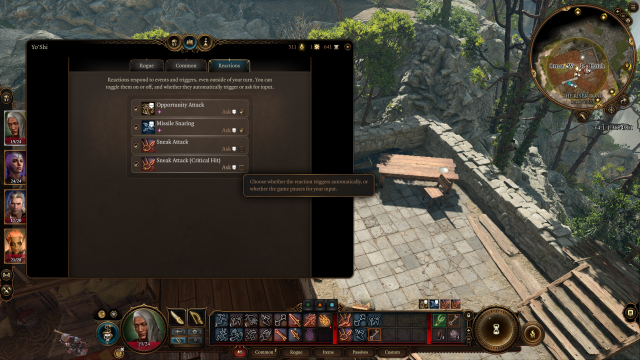
To control your reactions, open your character’s spellbook, and hover over the “reactions” menu on the far right. Each of your party members has one, and each already-learned reaction has two tick boxes: on the left and the right.
The left box must be always checked. It allows the reaction to trigger, and without it, your character won’t be able to perform them. The second box on the right allows you to manually decide whether your character should use a reaction when triggered or not, so we advise you to select it as well.
Related: Baldur’s Gate 3 players agree one Divinity: Original Sin feature desperately needs to be added
Every character in Baldur’s Gate 3 has one reaction per round of combat. Although keep in mind you need a specific trigger for each of them. For example, Opportunity Attack allows you to hit an enemy if they leave your melee zone. As you progress through the story, you will learn more and more reactions for each of your party members, so be sure to check back in that menu frequently.
Others Asked
What choices does a player have when creating a character in Baldur's Gate 3?
Players can choose their character's race, class, subclass, abilities, proficiencies, and background when creating a character in Baldur's Gate 3.
What feature was added to Baldur's Gate 3 in the latest patch by Larian Studios?
The latest patch by Larian Studios allows players to remove custom characters from their party in Baldur's Gate 3.
What unique feature does Baldur's Gate 3 offer to its players?
Baldur's Gate 3 allows players to do practically anything and everything they want, including killing important characters in the game’s story.



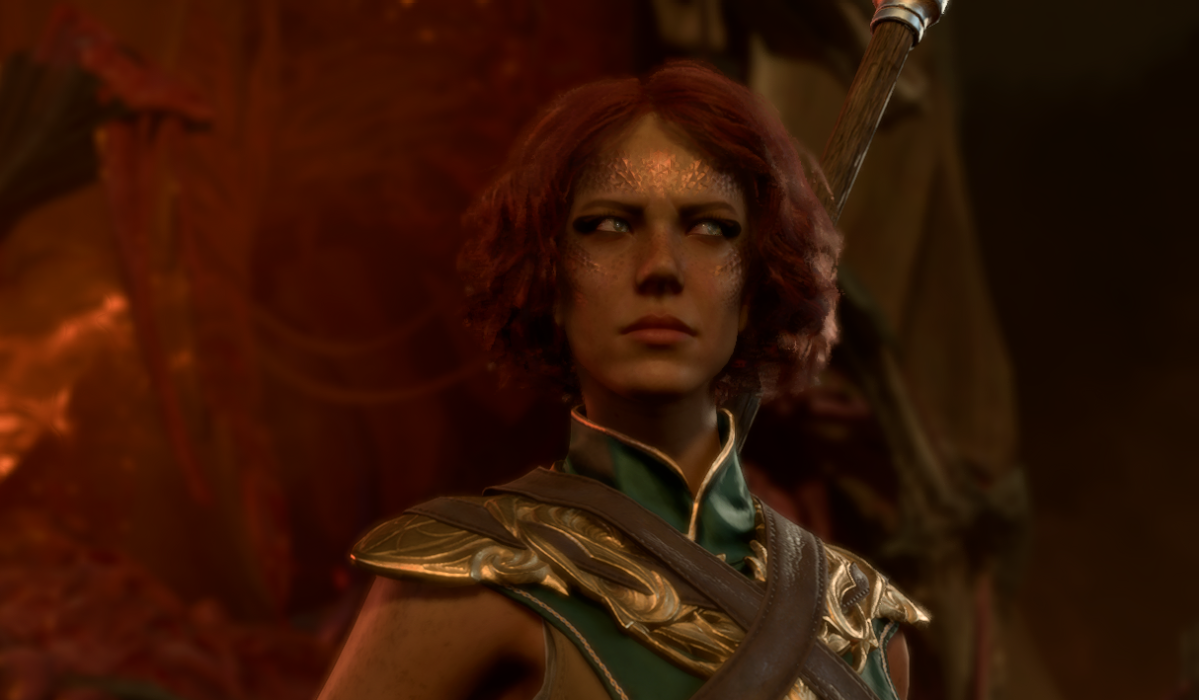
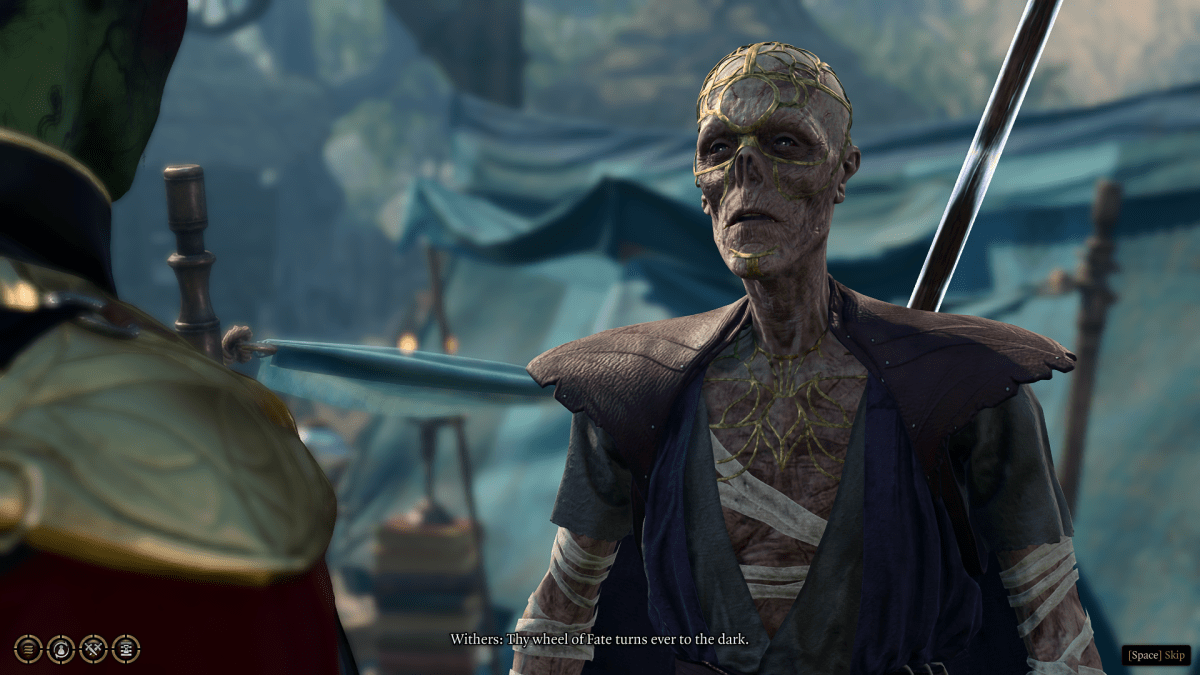
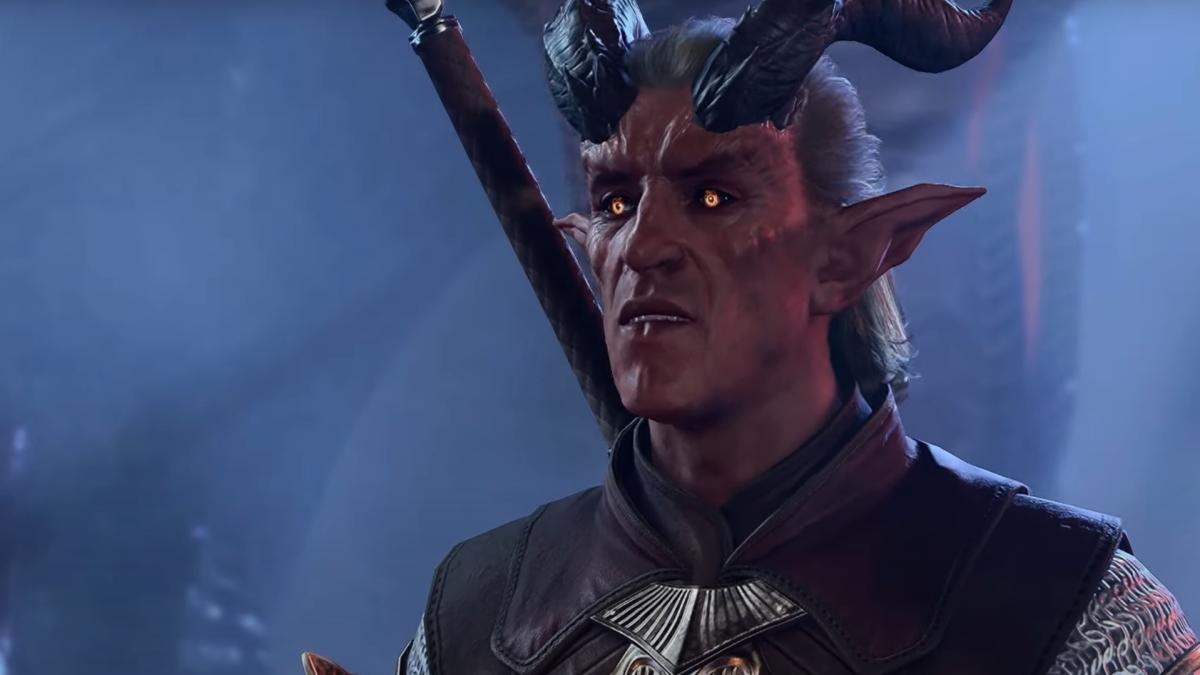
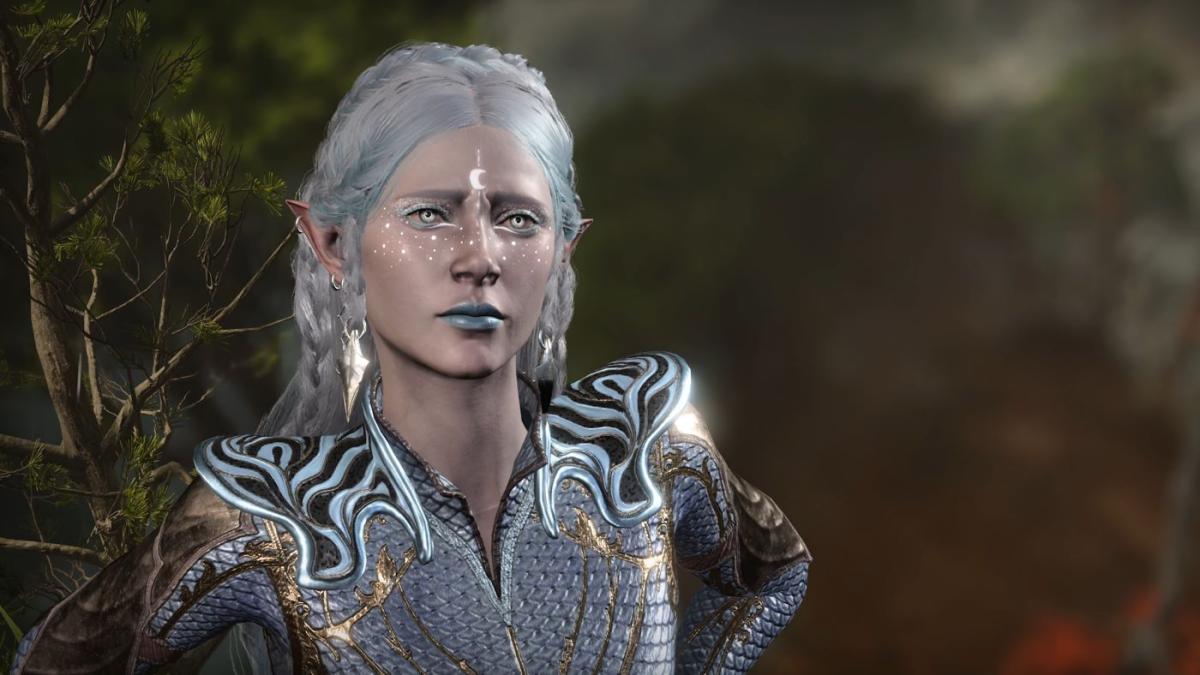


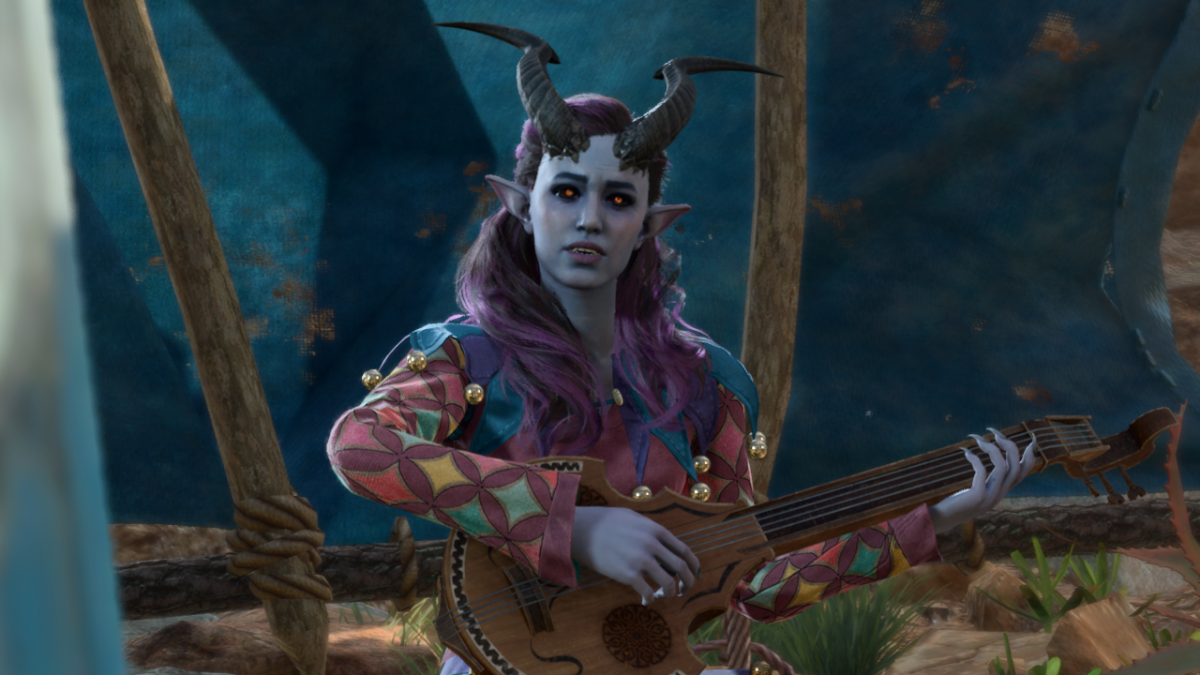
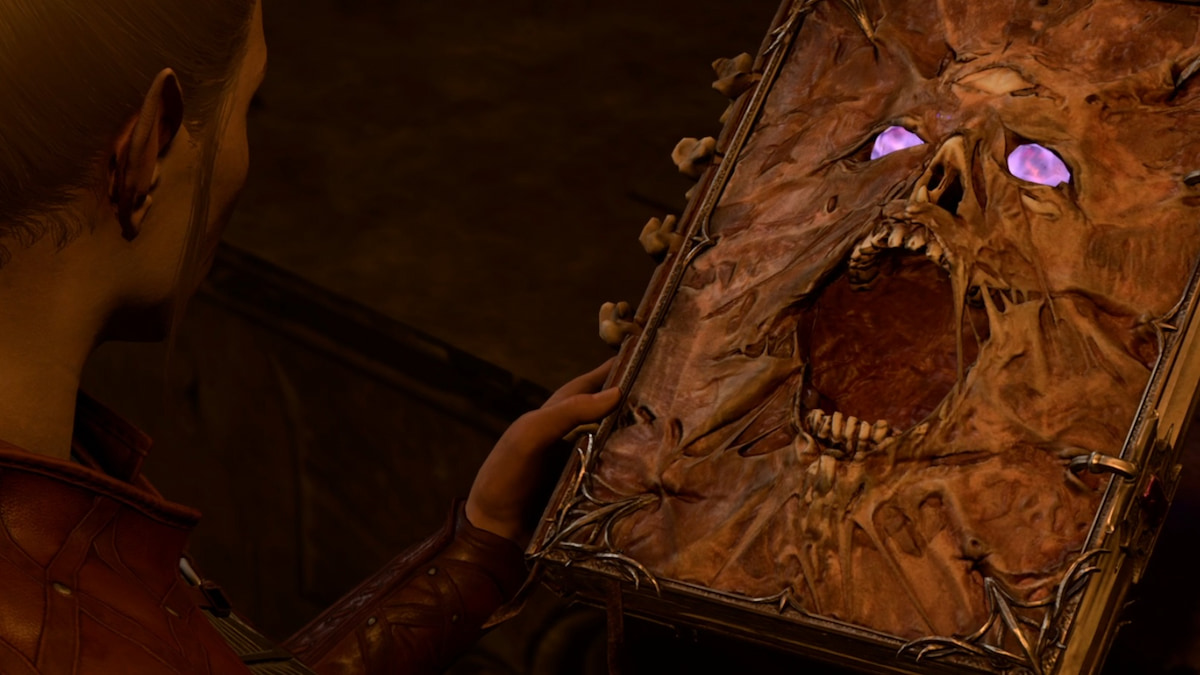

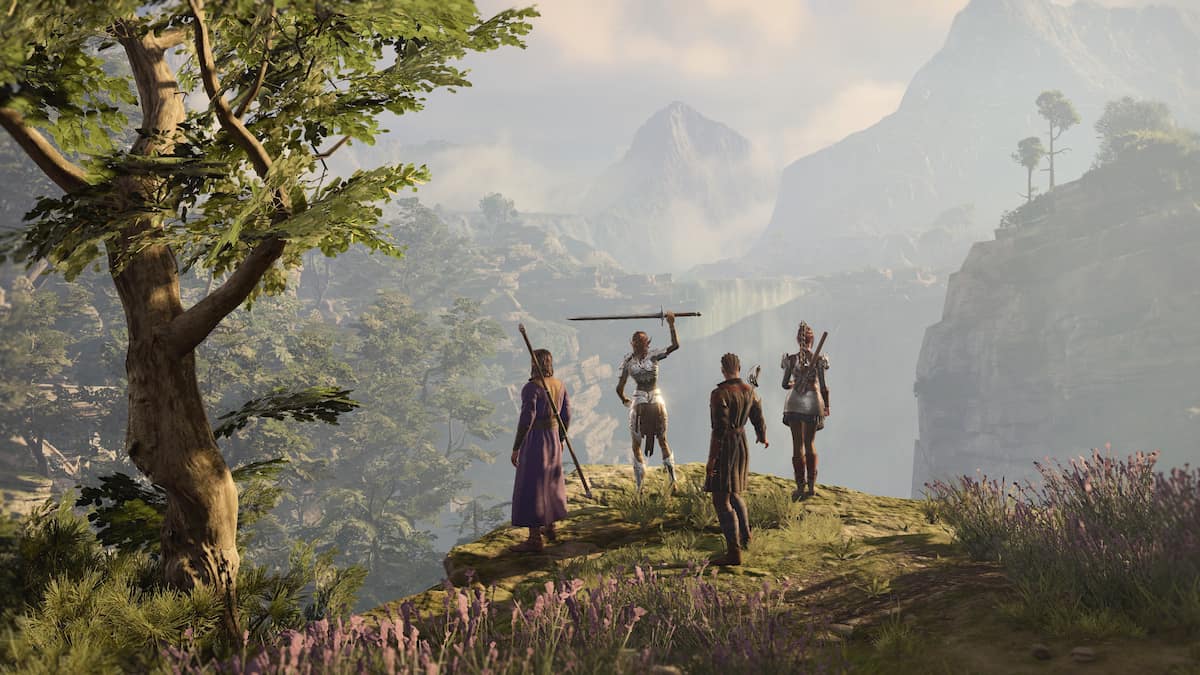
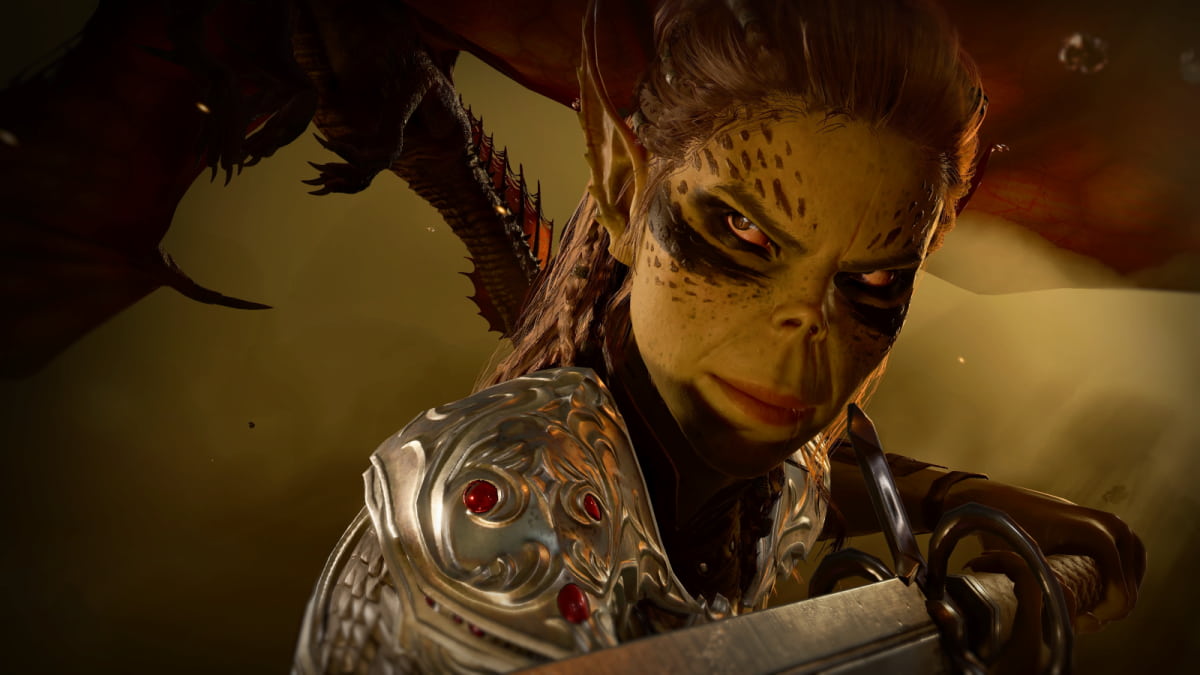
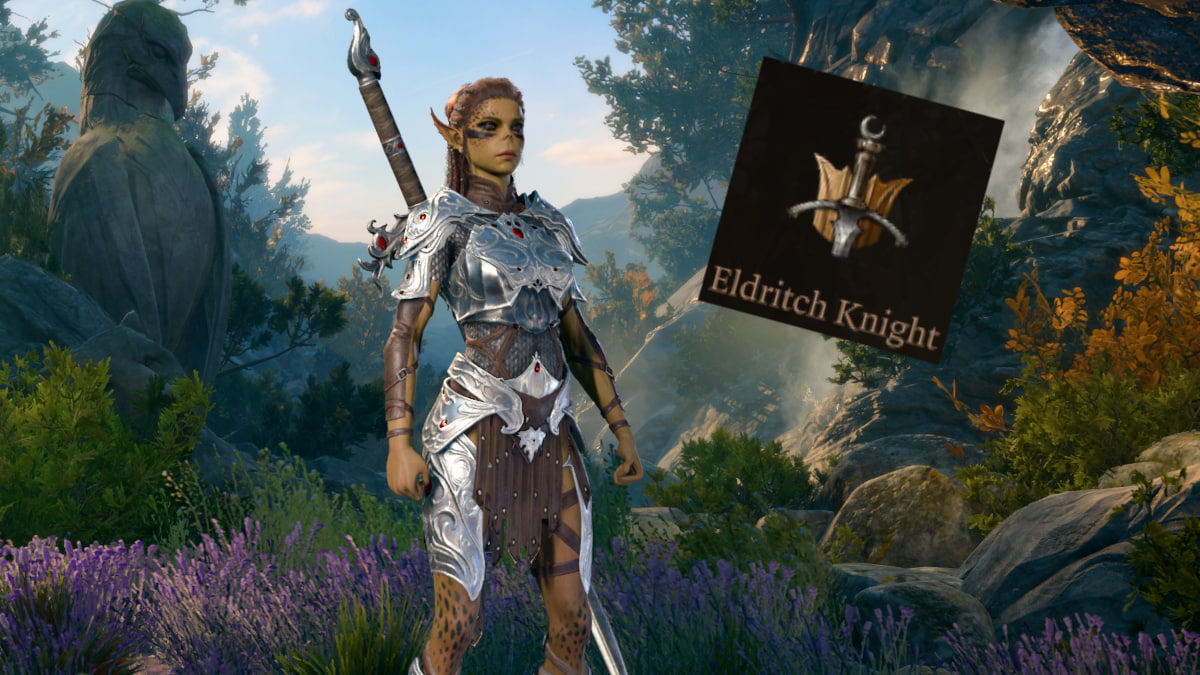

Published: Aug 8, 2023 04:18 am